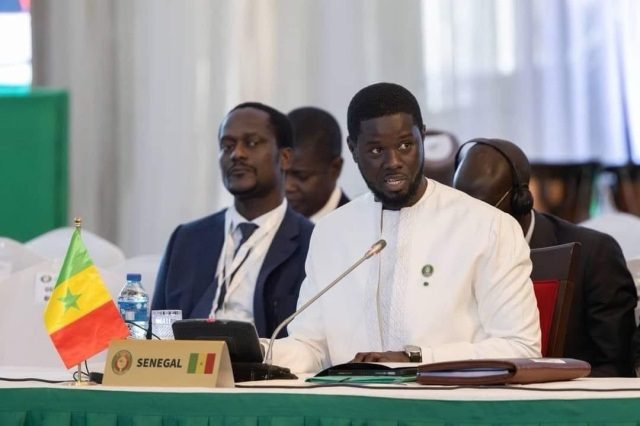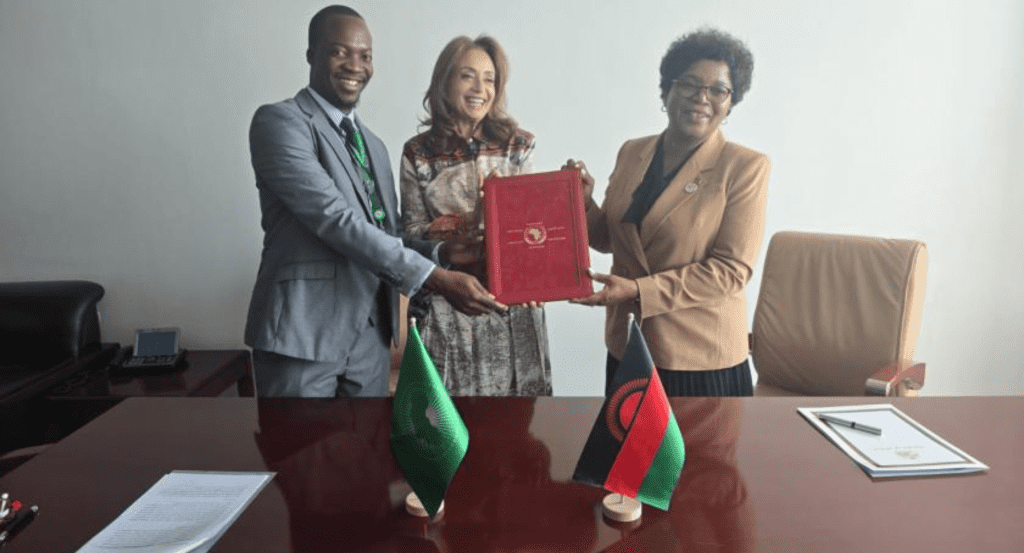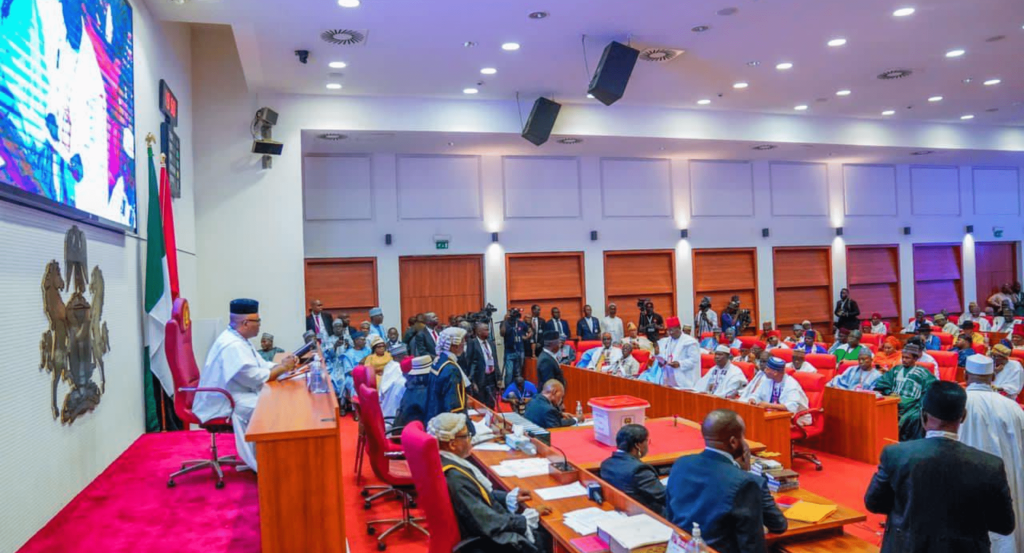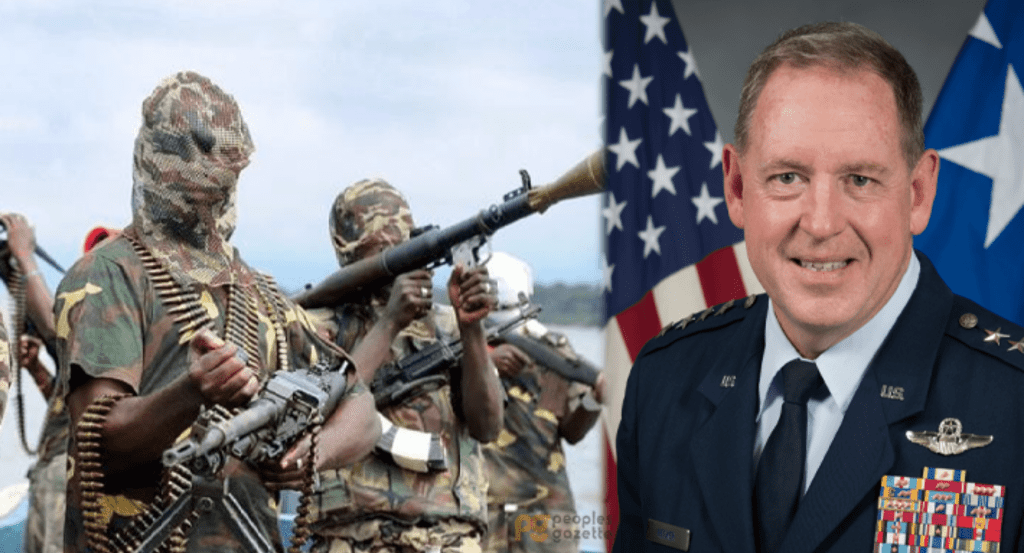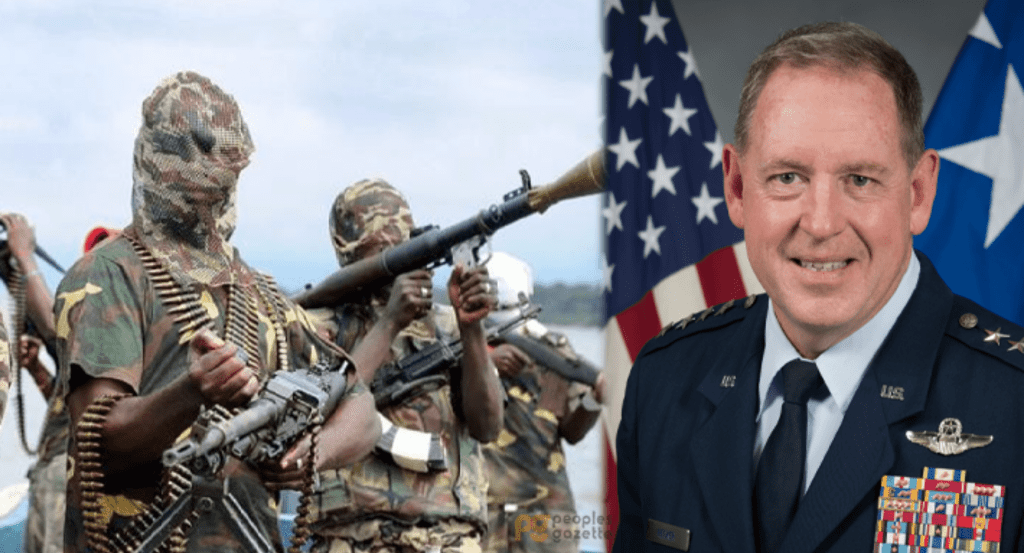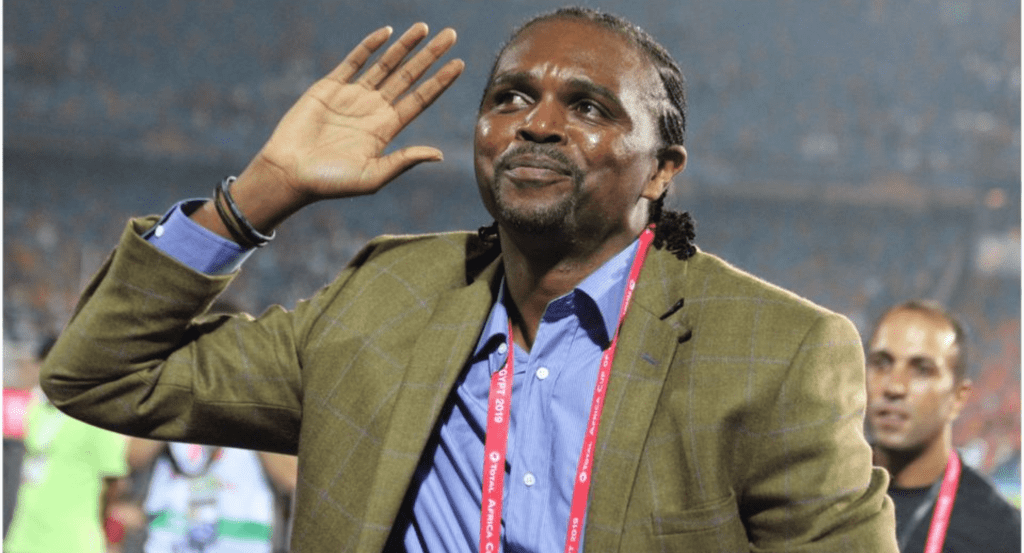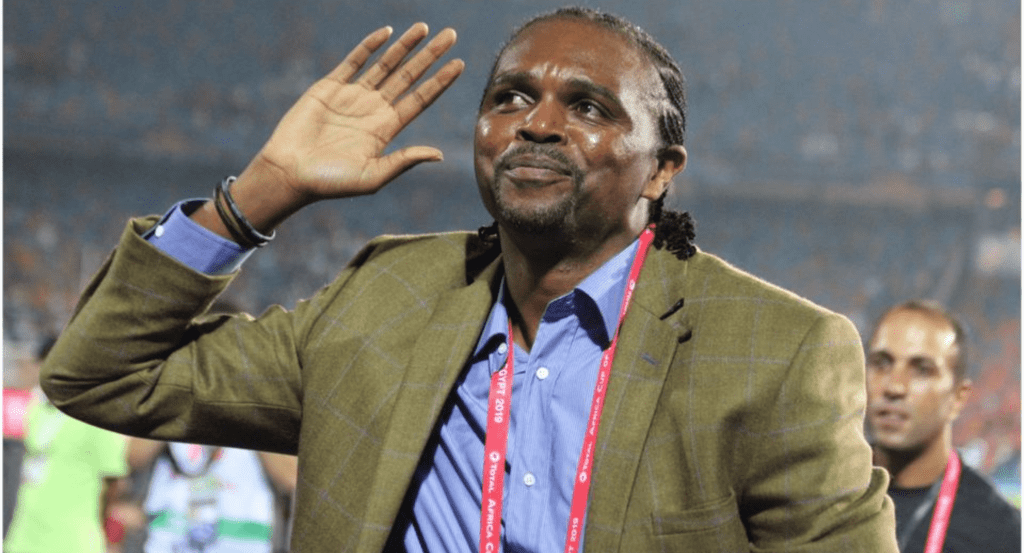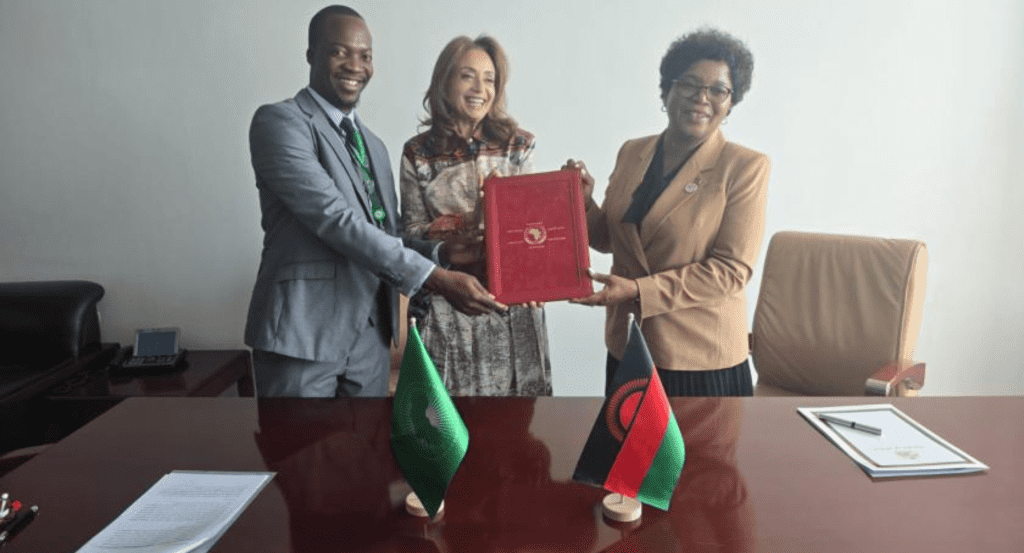Senegal’s President Basirou Diomaye Faye, Africa’s youngest leader at 44, faces a monumental task of reuniting a fractured regional bloc, ECOWAS, amid growing tensions in West Africa. At the recent ECOWAS summit in Nigeria, Faye was entrusted with leading efforts to reintegrate Mali, Niger, and Burkina Faso into the bloc. These countries had exited ECOWAS and formed their own alliance following military coups that soured relations with their West African neighbors.
Supported by Togolese President Faure Essozimna Gnassingbé, Faye is viewed as a suitable candidate for the diplomatic mission, given his youthful approach and his status as a peace envoy. Analysts, including Afolabi Adekaiyaoja from the Centre for Democracy and Development, see this role as an opportunity for Faye to push for reforms that could lead to a more “sustainable and self-reliant” ECOWAS.
Faye, who took office after an April election praised for its transparency, represents a stark contrast to the military rulers of the three nations. His domestic policies in Senegal, including renegotiating contracts with foreign operators and seeking independence from Western influence, align with the sentiments of the junta leaders. These generals, who have severed ties with traditional Western powers such as France and the U.S., see Faye’s sovereignty-focused rhetoric as resonant with their own goals. However, experts like Sahel specialist Seidik Abba caution that the path ahead is challenging, as the three countries have broader grievances about foreign interference in ECOWAS’s operations.
Despite his age, Faye has touted his youth as an asset, believing it could open avenues for dialogue. Still, the outcome of his mission will depend on how well he and his Togolese counterpart coordinate with other ECOWAS leaders, including newly re-elected chairman Nigerian President Bola Tinubu. With ECOWAS’s credibility and influence in the region at stake, Faye’s diplomatic efforts could be pivotal in reshaping West African regional cooperation.


